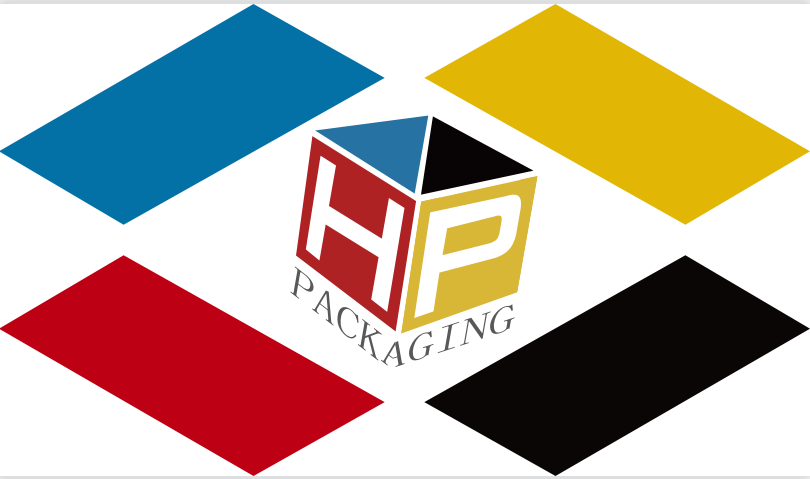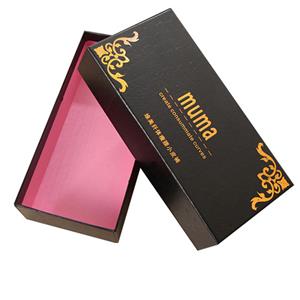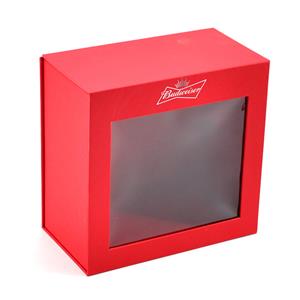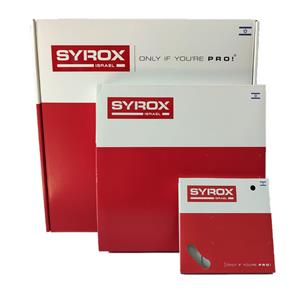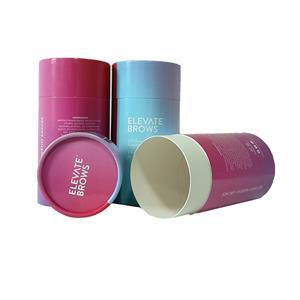Paper packaging with beautiful, innovative and environmentally friendly, changing the cosmetic packaging industry!
Paper packaging with beautiful, innovative and environmentally friendly, changing the cosmetic packaging industry!
A report published by Future Market Insights in March 2023 estimates that the value of the global paper packaging market will grow from $36,860.4 million in 2022 to $38,386,678 million by the end of 2023 (CAGR +3.2%). By the end of 2033, the market is expected to reach $573,7545 million with a compound annual growth rate of 4.1%.
Paper packaging is lightweight, easy to recycle and biodegradable, making it an important part of packaging. This has also helped to raise consumer awareness of sustainable packaging, which, coupled with strict laws introduced by several environmental agencies, has helped to drive soaring sales, which are also driven by strong growth in online shopping and on-demand delivery services.
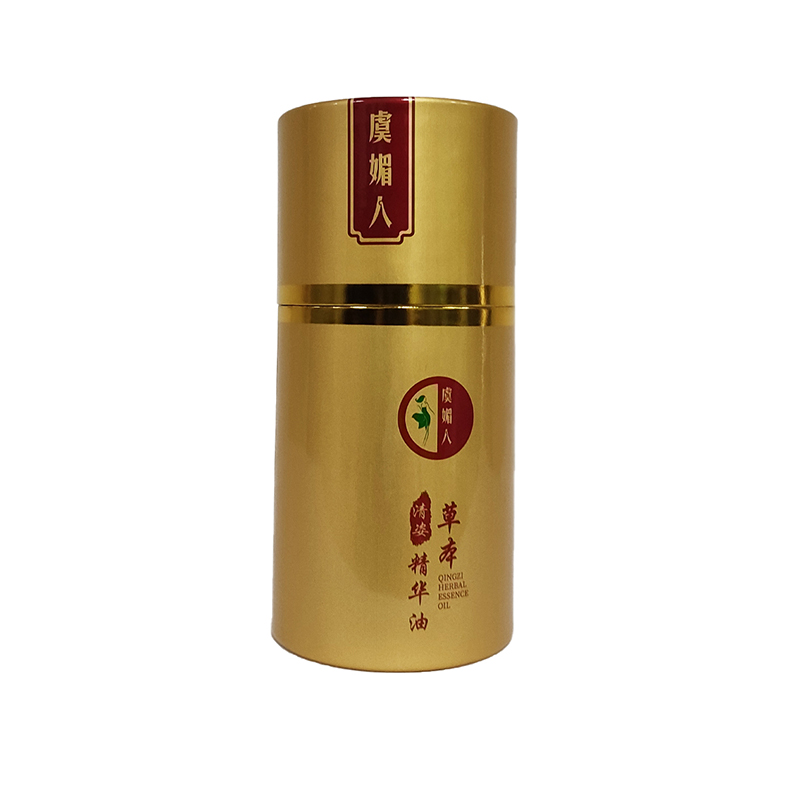
Harmony Paper is an early adopter of the sustainability movement, developing a range of specialty papers that are certified recyclable and plastic-free. "We are focused on creating and reinventing the way specialty paper is made and using it for almost every application, from folding cartons to hard boxes, bags, labels, moulded pallets of pulp, and even store signs and displays," says Anthony Grinnell, CEO of Harmony.
Harmony Paper's EcoFX metallized holographic paper range is plastic-free and certified recyclable. The company also offers environmentally friendly, certified recyclable Diamond Silk Glitter and wood pulp alternatives to bamboo, sugarcane and hemp paper, as well as 100 percent sugarcane pulp molded trays instead of traditional plastic options.
One of the most exciting products Harmony Paper has recently launched is its Pixie Paper line, a metal - and plastic-free "visual combination" of metal, pearls and glitter that is certified recyclable and made from biodegradable materials. It can be used for wood pulp instead of base paper, such as cane paper and bamboo paper. Grinnell says it's perfect for folding cartons, packaging boxes, bags and labels.
Harmony Paper uses Pixie Paper to make the folding cartons it produces for its CBD products. "The base Paper is 16pt, 100% bamboo pulp and our proprietary gold Pixie Paper coating," Grinnell explains. "With finishes including soy ink, water-based gloss and gold stamping, this folding carton is a great example of how sustainable, environmentally friendly packaging can be without being boring. In fact, due to the use of 100% bamboo pulp base paper, the folding carton is actually more sustainable than ordinary wood pulp materials."
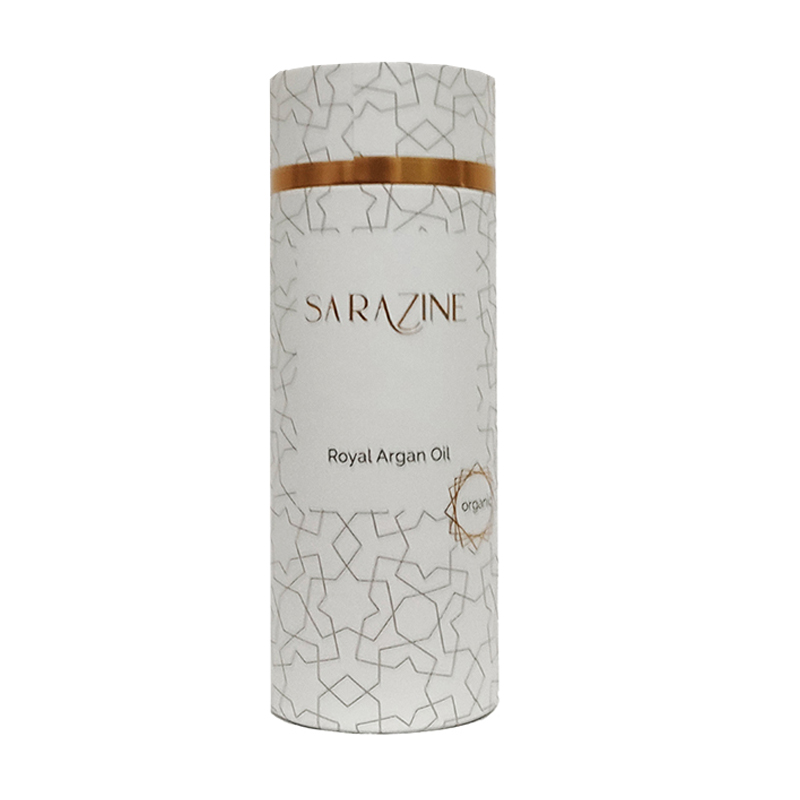
According to Ben Cohen, Chief Marketing Officer at Knoll Printing and Packaging, the most important trend related to sustainability is recyclability as it relates to the regionalization of production. "Over the past few years, many of the biggest brands have communicated their sustainability goals to the outside world, and these milestones are rapidly approaching," he said, noting that his company has developed proprietary automated machinery with seamless "Knoll-quality" that is currently being manufactured in Europe and at Knoll's wholly owned plant in the Philippines. "These sustainability parameters are inspiring a new generation of sustainability-conscious innovation and will lead our industry into the future."
Knoll Printing and Packaging is an FSC-certified hard box supplier, and its Ecoform pulp molding remains one of its most popular sustainable materials, Cohen said. Launched five years ago, Ecoform is a plant-based alternative to plastic platforms made from bamboo, wood and sugarcane fibres. It is certified recyclable in the paper recycling stream and can be custom molded, cut to order and color matched.
